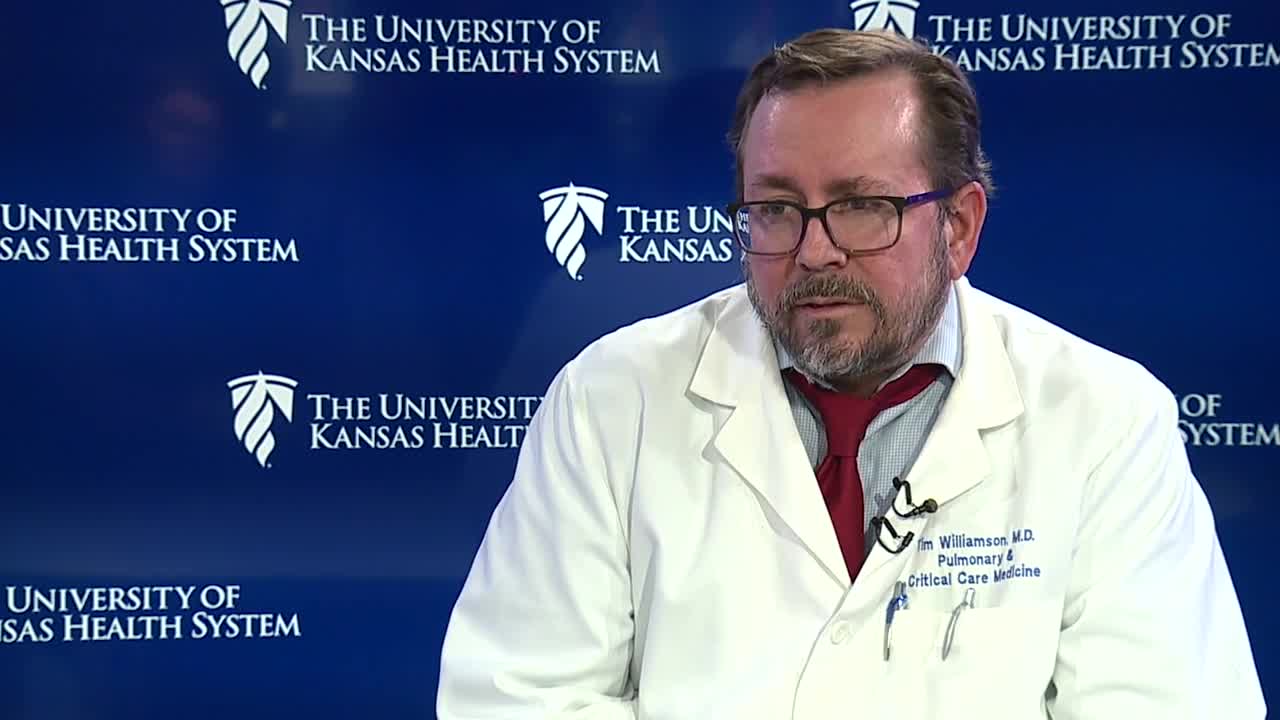KANSAS CITY, Mo. — Hospitals throughout the country are adapting to an abrupt decrease in IV fluid supply after Hurricane Helene caused the nation’s largest manufacturer to shut down its facility in Western North Carolina.
Baxter International Inc. shared an update on its website, which did not include an estimated time for reopening the facility.
The medical technology company stated critical bridges around the facility were washed away and the building was flooded by storm surge waters.
Baxter produces about 60% of the nation's IV fluid supply, making this shutdown a cause for concern for many medical professionals throughout the country.

"We are having to reduce our usage of IV fluids pretty dramatically," said Tim Williamson, vice president of quality and safety of the University of Kansas Health System.

Williamson added this is not the first supply chain issue they’ve faced in recent years.
The difference with the decrease in Baxter’s supply is the sudden nature an vast impact on almost every hospital department.
"Quite frankly, healthcare, I think, we took these fluids for granted," Williamson said. "We thought they were essentially like water. They are not, but we thought they would be as available always as easily as water. This very sudden change has forced us to realize we have opportunities where we can be more efficient, be more careful, and use it as a very scarce resource."
Williamson said doctors and nurses are assessing patients to see if an IV is needed when they enter the hospital.
If patients can take medications or hydrate by mouth, that’s what they will do.
The hospital system is trying to reduce their usage by 60%.
"But the longer this goes on for every hospital, not only in the metro but in the country — it’s going to become more and more challenging to navigate this," he said.
While Baxter has not released an estimated timeline to regain its supply to pre-Helene strength, Williamson estimates it could take 4-6 months or longer.
—
KSHB 41 reporter Abby Dodge covers consumer issues, personal budgeting and everyday spending. Share your story idea with Abby.





